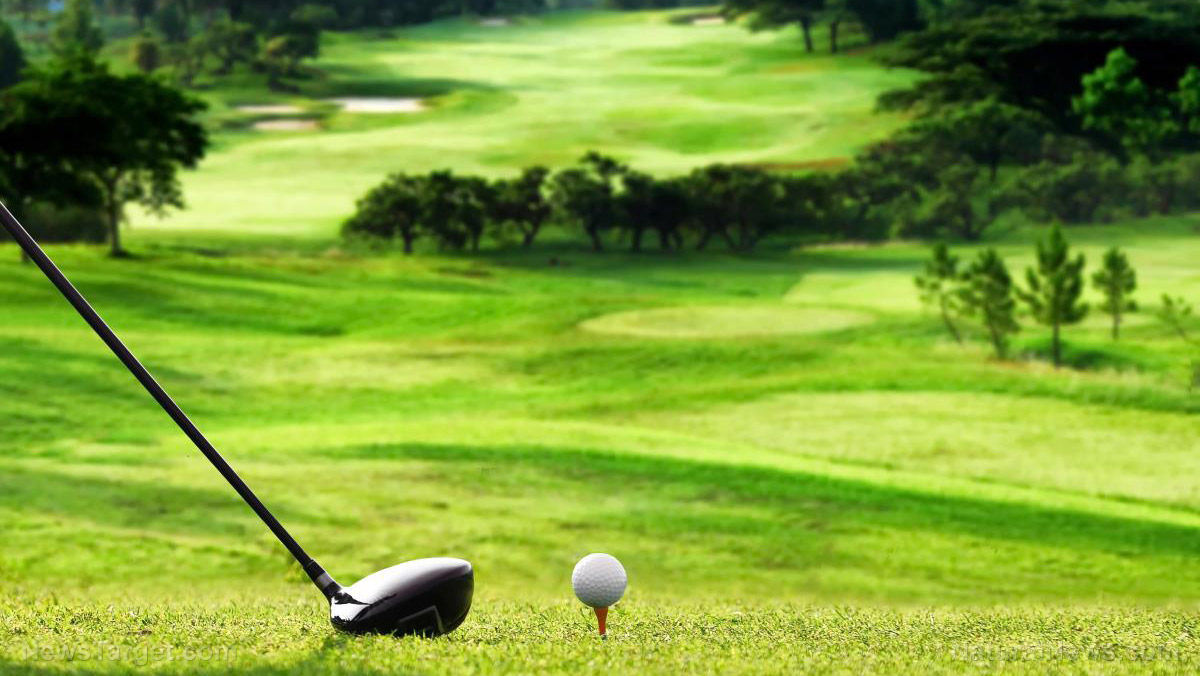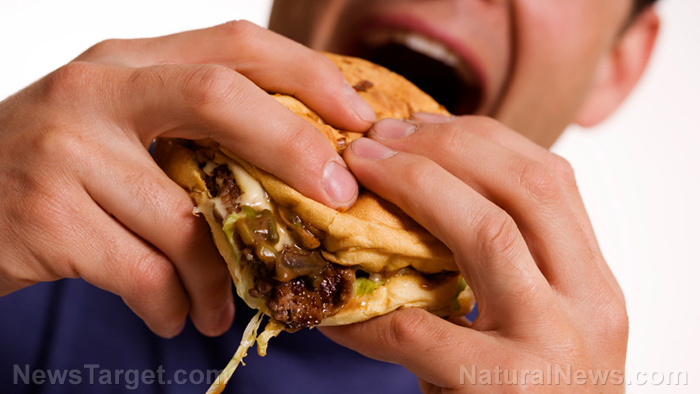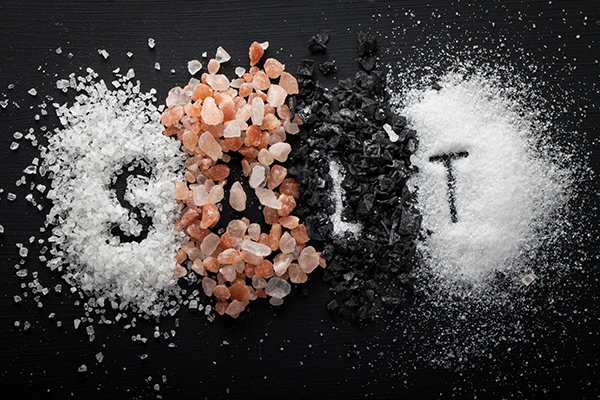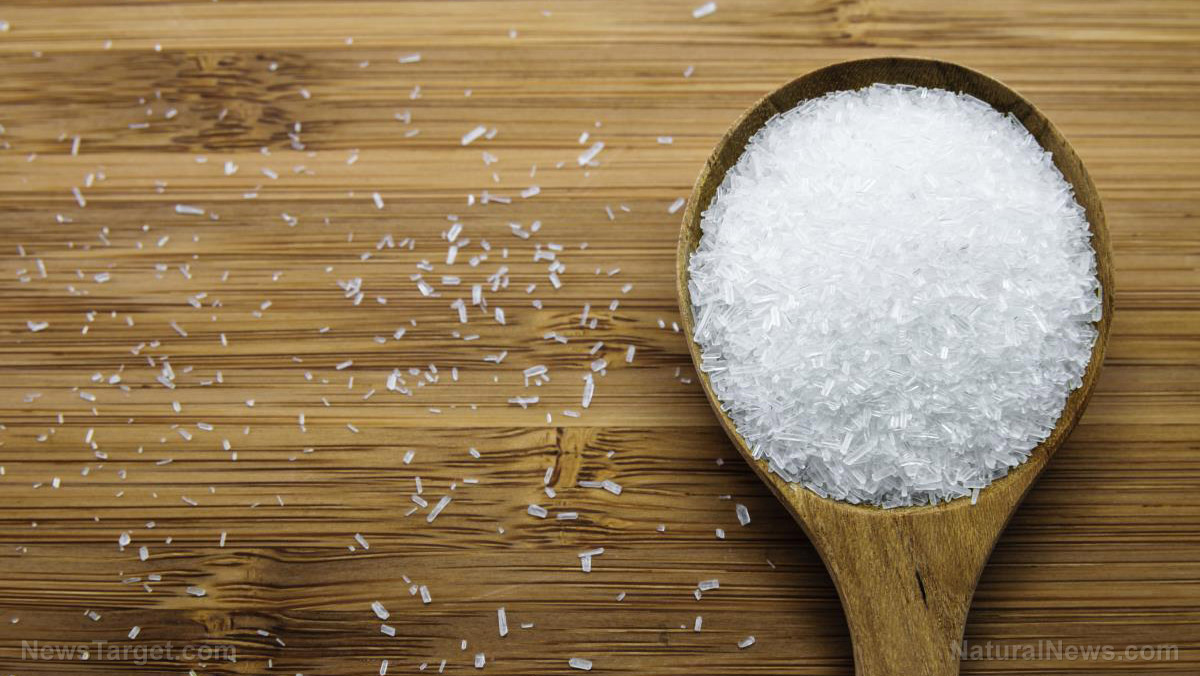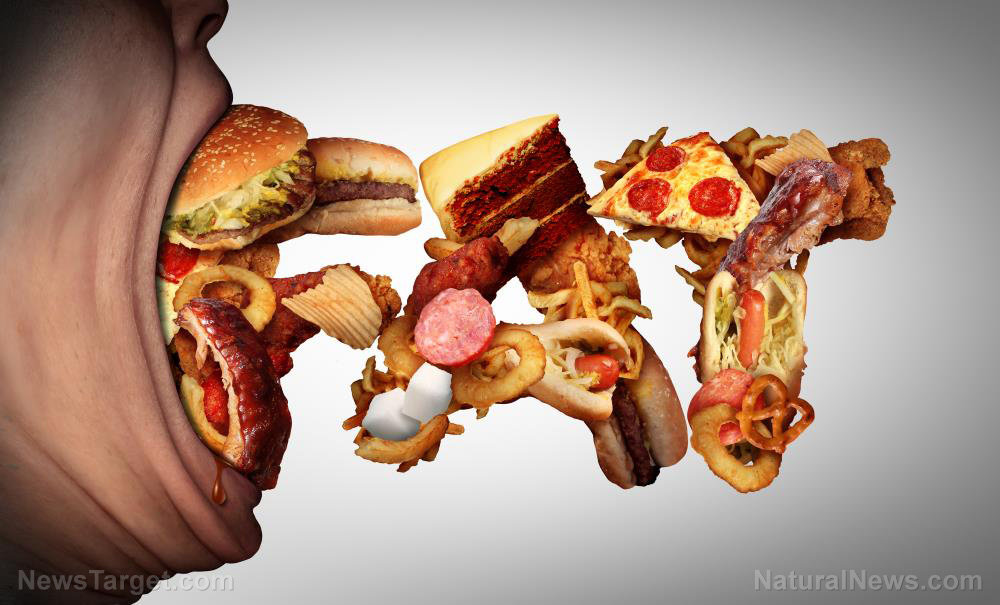
Now science and medicine are revealing that eating a meal in less than 5 minutes can do long-term damage to your liver. This is happening quite frequently in our “rush hour” all day world, where people rush through their meals on the go, during work breaks, and when they’re “starving” for more junk science food stuff that they’re addicted to, thanks to excitotoxins in foods. Let’s take an inside look at the science behind Steatotic Liver Disease that’s sweeping the country, and what to do about it.
"Speed Eating Linked to Liver Damage, Study Finds – But the Fix Is Simple"
In today’s fast-paced world, eating quickly has become a common habit—but new research suggests it could be silently harming one of the body’s most vital organs. A study from China, involving nearly 2,000 participants, reveals that consuming meals in under five minutes significantly increases the risk of metabolic dysfunction-associated steatotic liver disease (MASLD), regardless of weight or diet quality. The findings, published in Nutrition & Diabetes, highlight an overlooked health hazard in modern eating habits—one that experts say can be reversed with simple behavioral changes.
The study, conducted across 10 medical centers in China, found that 59.3% of frequent fast eaters developed MASLD, compared to just 46.2% of those who ate slowly. Even after accounting for factors like weight and diabetes, the link remained strong. "Fast eating appears to trigger a cascade of metabolic problems," researchers noted, including elevated liver enzymes, higher blood pressure, and increased waist circumference—all markers of liver stress.
The liver processes nutrients and filters toxins, but when food is consumed too quickly, the body misses crucial satiety signals. Hormones like GLP-1 and peptide YY, which regulate appetite, need time to activate. Fast eaters often overconsume calories before feeling full, leading to fat accumulation in the liver. Additionally, rapid eating disrupts the gut-liver axis—the communication between digestive bacteria and liver function—further worsening metabolic health.
Surprisingly, the study found the strongest association in normal-weight individuals (BMI under 25), non-smokers, and women. This suggests fast eating is an independent risk factor, not just a pathway to obesity-related liver disease. "People assume they’re safe if they’re not overweight, but this research shows otherwise," said one expert.
The good news? Changing eating habits can reverse the damage. Experts recommend:
- Allowing 15-20 minutes per meal
- Chewing thoroughly (20-30 times per bite)
- Avoiding distractions like phones or TV
- Pausing halfway through meals to let satiety signals kick in
While fast food and poor dietary choices have long been linked to liver disease, this study underscores another critical factor: eating speed. In a culture that prioritizes efficiency, slowing down meals may be a small but powerful step toward better liver health. As research continues to reveal the gut-liver connection, one thing is clear—giving your body time to process food could be the simplest way to protect your long-term well-being.
Tune your food news frequency to FoodSupply.news and get updates on other ways people wreck their health that they don’t even realize.
Sources for this article include:
Please contact us for more information.















